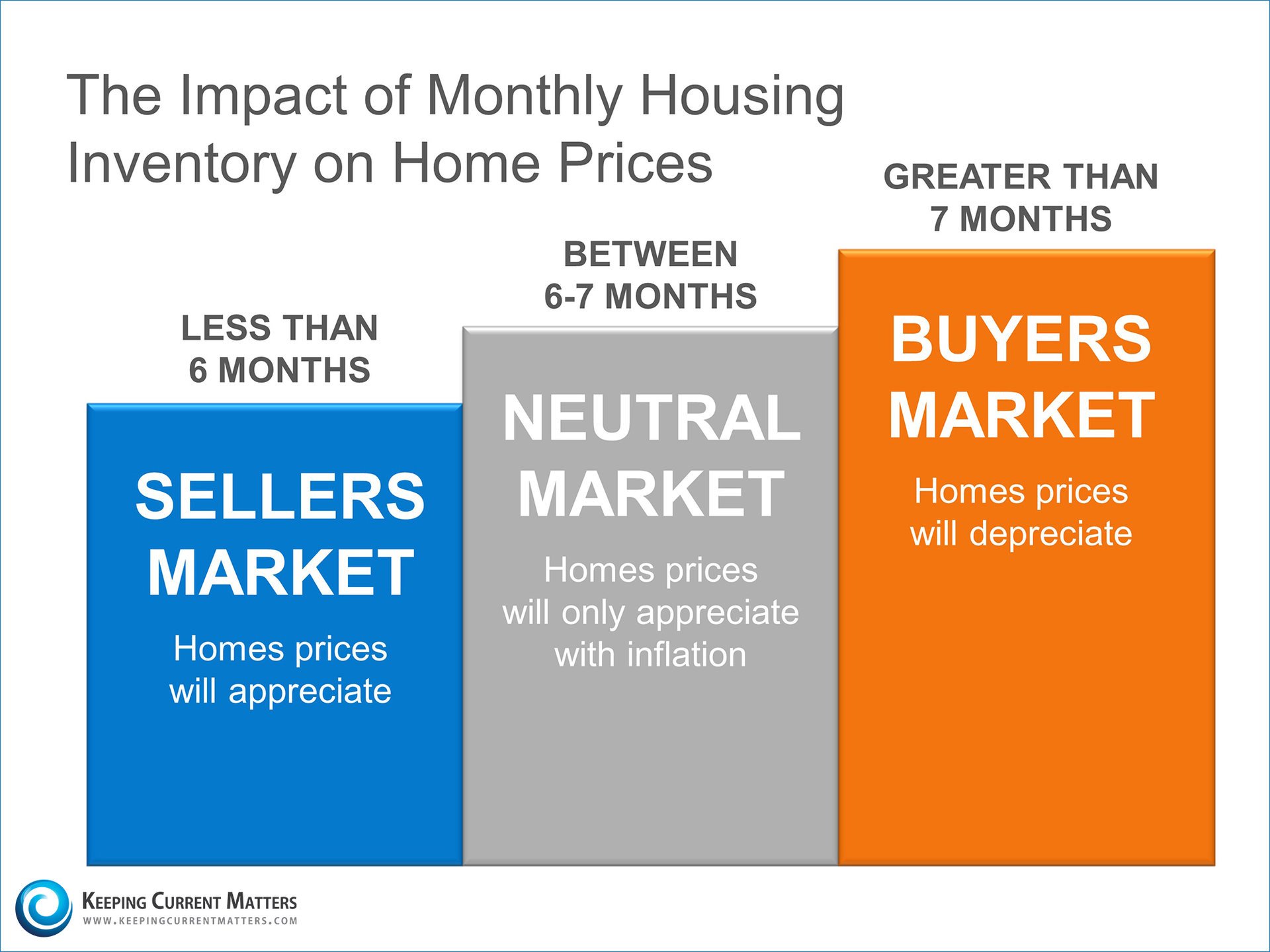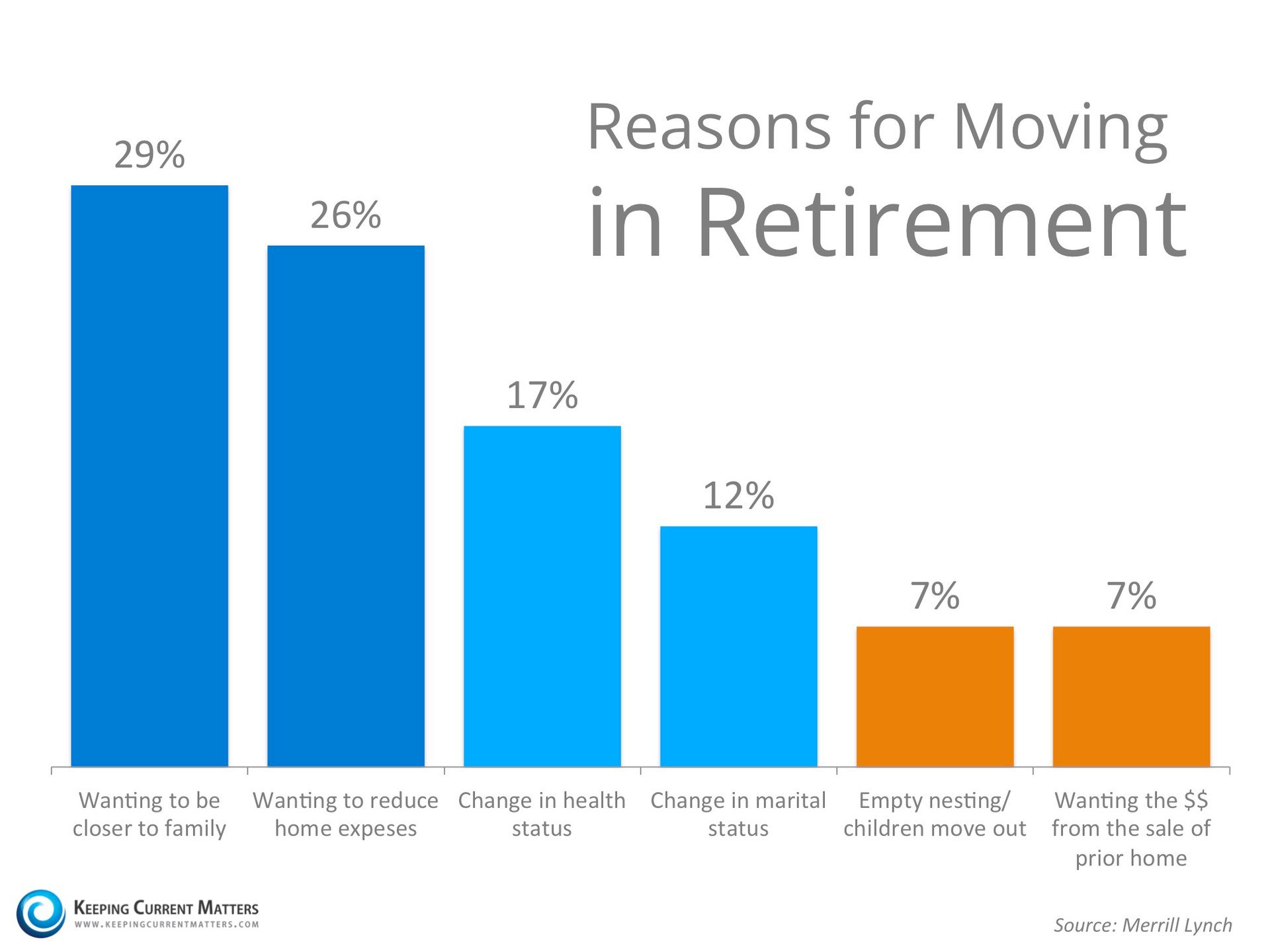At the end of every December, people make
all kinds of resolutions
for the coming year. Typically, these are things they want to improve
about themselves, ways to make their day-to-day personal or work life
better, or ideas to put them on track for a change. Many times these
surface as a result of mistakes made in the past 12 months.
When it comes to
real estate,
resolutions don't necessarily apply as it's unlikely that you do a real
estate transaction each year. Furthermore, you can't actually resolve
to
buy your neighbor's house
or sell your $350,000 home for $1 million. Well, you could, but you'd
probably be setting yourself up for disappointment right from the start.
Some things are simply out of a would-be
buyer or
seller's
control. But, as a would-be buyer or seller, you can learn from and
make resolutions based on those who have gone before you. There exists a
former buyer who, if he could, would resolve to have
done more legwork
before buying. Conversely, there's a current seller who resolves to
take the next under-asking-price offer from a buyer more seriously.
Whether you plan to buy or sell, there are some real estate resolutions
that buyers and sellers can -- and should -- make. Here are five to get
you started.
Buyers: Resolve to Get Your Financial House in Order
Planning a
home purchase takes time and effort, so you should consider meeting with a mortgage professional early in the year.
Know your credit score and understand what your financial situation looks like from a
lender's
perspective. If you have credit issues, identify what they are and the
necessary steps to correct them. Sometimes, it can take six months to
see your FICO score move up the much-needed 20 points to get you a
better
mortgage rate. A good
real estate agent
can recommend an experienced, local mortgage professional. Local is
always important, because many real estate deals are made on
relationships, and being able to meet face-to-face with your mortgage
professional can be a big plus.
Sellers: Resolve to Think of Your Home as a Product
Start
clearing out old stuff
now. If there are things deep in your closets that you don't think
you'll use between January and the time you move, consider a
storage
locker or making space in the garage. Does your real estate agent
suggest that the basement needs a paint job? Get some painting bids now.
Have you always hated how the bathroom vanity takes up so much space?
Consider changing it now so buyers will
perceive your bathroom as bigger. This will also help you spread out the costs of
home repairs and changes over several months.
Buyers: Resolve to Start Feeling Out the Market Early
You may think you only need to go to
open houses once you're
ready to buy. But in reality, a buyer needs a couple of months
learning the marketing, understanding
home values,
the prices per neighborhood and the market in general. Going to open
houses in the neighborhoods where you want to buy will allow you to
start feeling out the market. It may also be the best way to meet your
future real estate agent. Many agent/buyer relationships are forged at
open houses.
Once you engage an agent, you may make several offers before you get into
your dream home.
Having your agent along for the ride will allow you to compare and
contrast homes you've visited to the home you eventually buy. The homes
you see and your experience feeling out the market will serve as the
building blocks toward becoming an informed buyer and making your best
offer.
Sellers: Resolve to Understand Your Timing and Exit Strategy
One of the biggest stresses on a seller is trying to
plan a purchase and a sale at the same time. Can you
afford to close
on the new home before selling? If so, for how long? Do you need to
sell the property first? If so, will the potential sale price support a
home purchase in the neighborhood you want to be in? If not, what other
areas should you be looking in? Selling and buying at the same time
brings up all kinds of financial, emotional and physical stress.
Uprooting yourself from your home is not easy. What if you have to go into
short-term housing?
How will you get that set up and how long would you need to commit for?
If you can afford to purchase and then sell, do they need to happen
quickly? Are there things you can be doing in your current home so that
once your new home closes, you'll be ready to list? It's a lot to think
about and plan for, and it helps to have a strategy in place well before
you have to take action.
Buyers and Sellers: Resolve to Engage a Real Estate Agent Now
Planning a home purchase or sale takes time. Engaging a real estate
agent early in the process will allow you to have an expert on hand as
you start to put the pieces together. A good real estate agent doesn't
just show and sell homes: They can be your strategic adviser, even well
in advance of any actual transaction.
On the seller side, if you pulled a permit to install some new windows or replace some dry rot in 2005, likely the
contractor
issued a permit. But did he close it out? A good agent will figure that
out and clean it up before it becomes a transaction issue. You should
use your agent to literally get your house and listing in order.
For buyers, having an agent with you from the start is like having an
experienced second set of eyes and ears. Having so many transactions
under the belt and years of market knowledge in their head, a real
estate agent's opinions, thoughts and ideas can save you a lot of time
and money. What's more, they can keep you on the right path toward
identifying the best home, and they'll see you through the process all
the way to the closing.
Article courtesy of Zillow.com
![The Difference A Year Can Make [INFOGRAPHIC] | Keeping Current Matters](http://www.keepingcurrentmatters.com/wp-content/uploads/2015/04/Calendar-Blue.jpg)
![The Difference A Year Can Make [INFOGRAPHIC] | Keeping Current Matters](http://www.keepingcurrentmatters.com/wp-content/uploads/2015/04/Payment-Difference-KCM.jpg)










